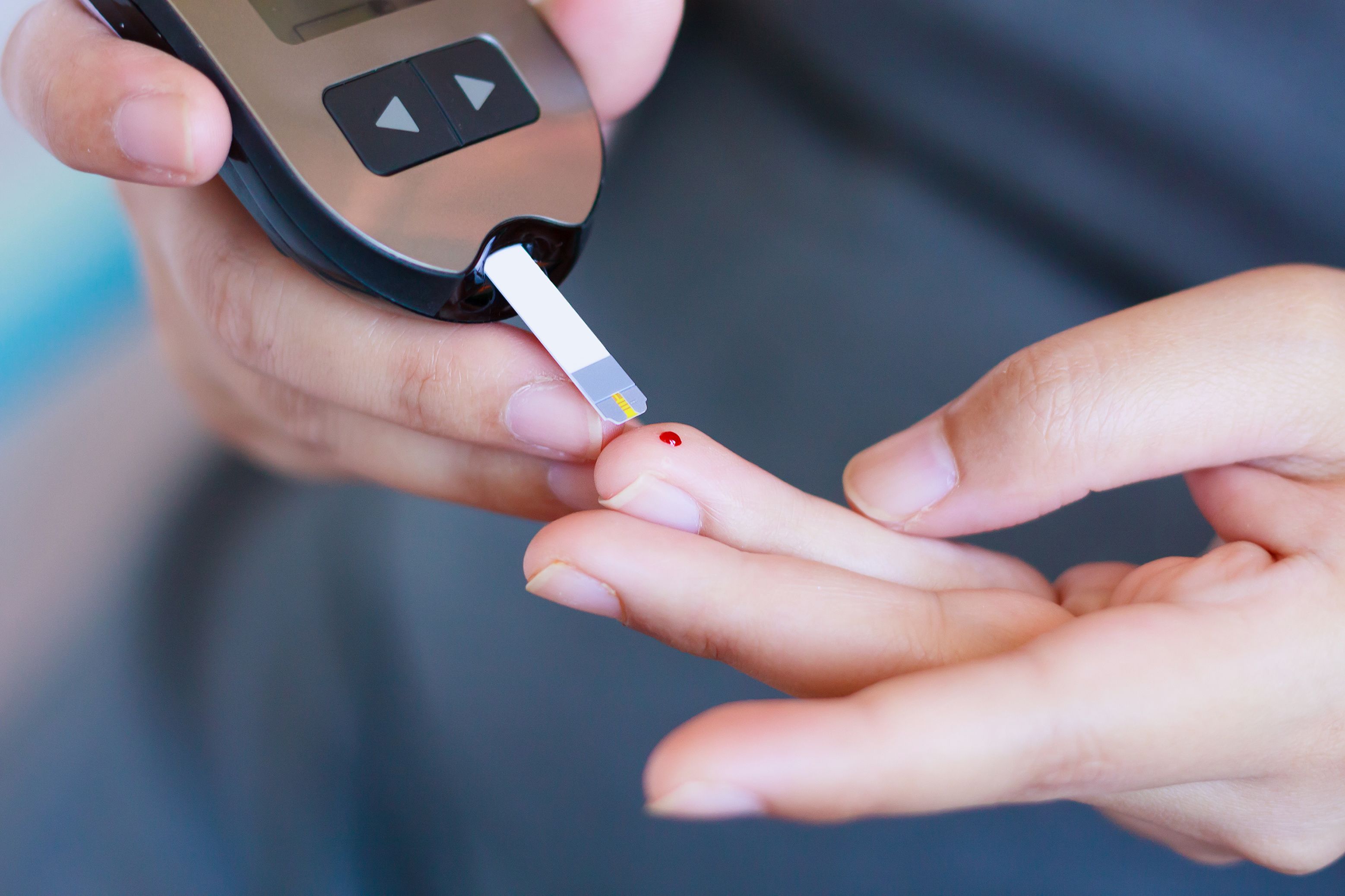Article
Diabetes Not Associated with Increased Risk of Long-Term COVID-19 Symptoms
Author(s):
A multicenter case-control study of a trio of hospitals in Spain suggests the presence of diabetes was not associated with an increased risk of long-term COVID-19 symptoms.

A new report from a team of investigators based in Spain is providing evidence that suggests presence of diabetes does not increase risk of long-term post-COVID-19 symptoms.
An analysis of 1800 hospitalized patients from the first wave of the pandemic, results of the study indicate the number of post-COVID symptoms was similar between those with diabetes and those without. Results also indicate there were no between-groups differences observed for any specific post-COVID symptoms.
“Current and previous evidence suggest that diabetes seems to play a more relevant role during the acute phase of COVID-19 rather than for the development of post-COVID symptomatology in previously hospitalized COVID-19 survivors,” wrote investigators.
Few patient groups have received the amount of attention patients with diabetes have throughout the ongoing COVID-19 pandemic. A common comorbidity among patients with obesity, diabetes quickly became recognized as a risk factor for increased disease severity in patients with COVID-19. As the pandemic has raged on, concern over the long-term effects of COVID-19 has begun to grow. Sometimes referred to as long COVID, ability to predict those at greatest risk of long-term COVID-19 symptoms could have a substantial impact moving forward.
With this in mind, investigators from Spain sought to fill the apparent knowledge gap related to risk of long-term COVID-19 symptoms based on a diagnosis of diabetes by conducting a multicenter case-control study of patients hospitalized for SARS-CoV-2 infection from March 1-May 31, 2020, at a trio of public hospitals in Madrid.
From a sample cohort of 1800 patients hospitalized during the aforementioned time period, investigators identified 145 patients with a diagnosis of diabetes. Using these patients, investigators identified 290 age- and sex-matched controls without diabetes for inclusion. Investigators noted there were no differences in symptoms at hospital admission except for an increased prevalence of myalgia and a greater proportion of patients with diabetes reported comorbid hypertension, obesity, and migraine compared to their counterparts without diabetes.
Patients with diabetes were assessed for symptoms a mean of 7.6 months following hospital discharge. In total, just 19% were completely free of any post-COVID symptom during the follow-up period. Results of the investigators' analyses indicated the number of post-COVID symptoms were similar among patients with diabetes and those without diabetes (IRR, 1.06 [95% CI, 0.92-1.24]; P=.372).
Investigators also noted no differences were observed for presence of fatigue OR, 1.45 [95% ACI, 0.93-2.25]; P=.101), dyspnea on exertion (OR, 0.97 [95% CI, 0.64-1.47]; P=.886), and musculoskeletal pain (OR, 0.951 [95% CI, 0.76-1.18]; P=.367). Investigators also pointed out there were no between-groups differences observed among patients (OR, 1.07[95% CI, 0.71-1.62]; P=.728).
“Our study showed that diabetes was not a risk factor for post-COVID symptoms when assessed an average of 7 months post discharge. Further, diabetes was not associated with differences in limitations of daily living activities after hospital discharge,” wrote investigators.
This study, “Diabetes and the Risk of Long-Term Post-COVID Symptoms,” was published in Diabetes.




